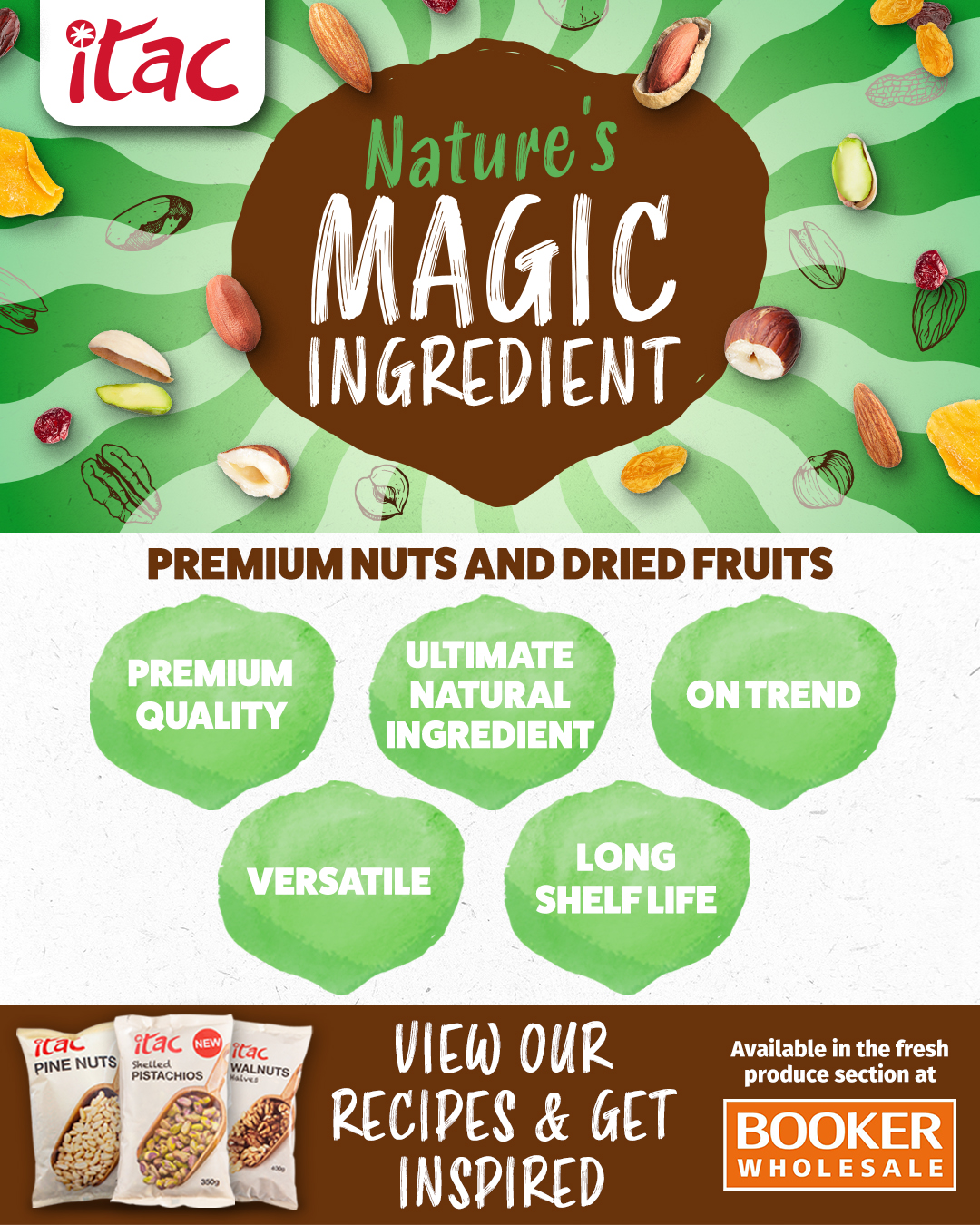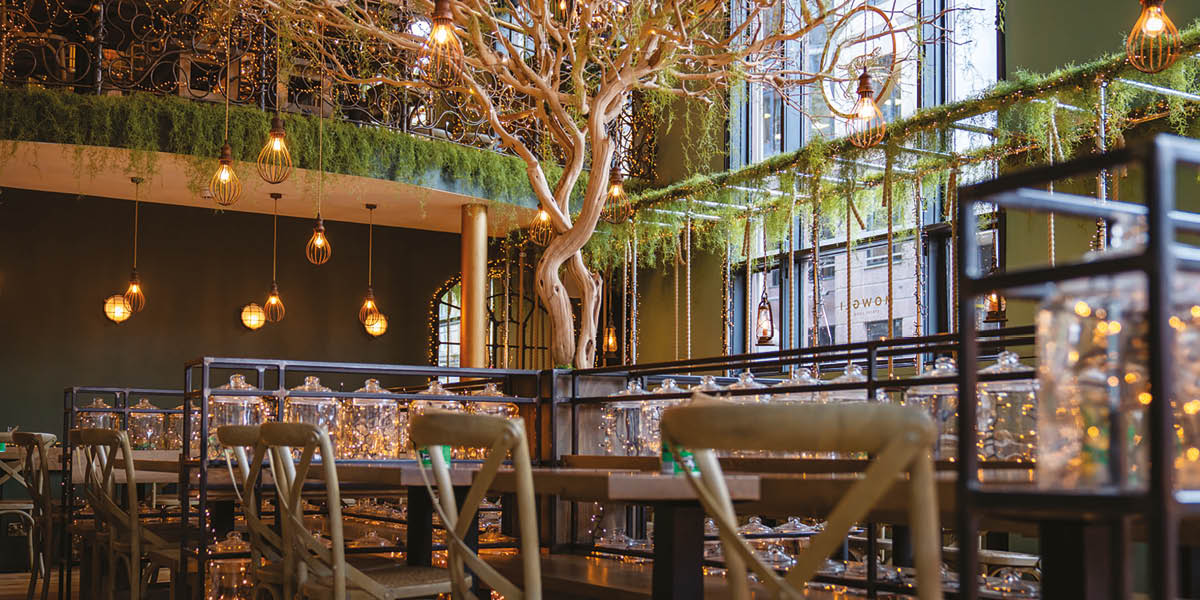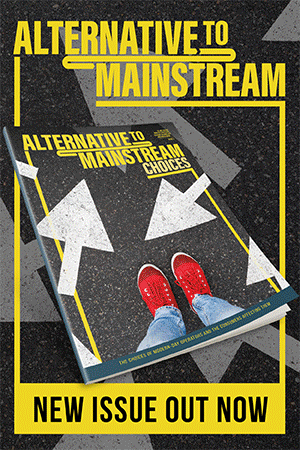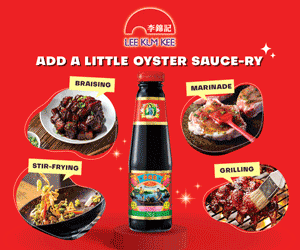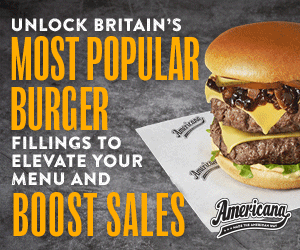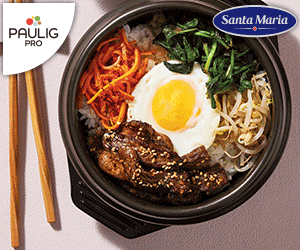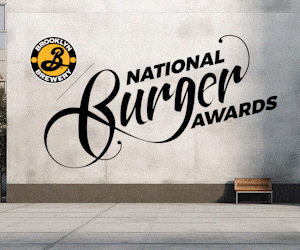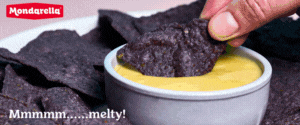Feature: A labour of love

From child protection barrister to restaurant founder at 40, Nisha Katona’s route into hospitality is far from ordinary. So, how did she create one of the most promising and ambitious restaurant brands operating in the UK today? Dine Out editor Genna Ash-Brown explores
Nisha Katona has established a reputation as an industry powerhouse. Regular appearances on the BBC, Channel 4 and ITV – including on popular shows such as MasterChef and Great British Menu – mean she’s a familiar face to the consumer, as well as to many professionals who are the beating heart of the sector. But just like her approach to leadership, her journey to becoming a restaurateur was far from traditional.
“I was a child protection barrister for 20 years,” she says. “I was raised to have nothing but disdain for business. When you look at the media and see the macho brutalism that’s so common in the kitchen, no sane person would want to start a restaurant. It never would have crossed my mind.”
And yet, here she stands as the founder and CEO of a national restaurant chain with 18 sites and counting, also equipped with an MBE for her services to the food industry. How the Mowgli did that happen?!
The seed of an idea
Even in her years as a barrister, Katona was not just obsessed but evangelical about Indian home cooking, marvelling at the way a few simple ingredients could become so utterly delicious when paired with the right technique.
“Indian home cooking is so light and fresh – it’s the antithesis of everything that was represented on the high street. I used to teach Indian cooking; I’d work in court, then hold classes every weekend, and I realised how popular this sort of food was. I’ve been addicted to these dishes – such as dhals and simple cabbage-based recipes – my whole life. They’re light, healthy and seasonal. Part of me started thinking, ‘Well, maybe there’s something in this’.”
And that was it – the entrepreneurial spirit that had supposedly lay dormant within her was awakened. Once the idea came to a head, it wouldn’t let her rest.
The maternal management model
This was the beginning of the Mowgli we know today – a brand characterised by neutral colours and the illustrated monkey logo that has become synonymous with the name. “It was almost like the personification of a dream that would tug at my sleeve at night. It was so interesting – I had absolutely no restaurant background. My parents were doctors. No one in my social circle was in business. So, I just had to build it my own way.”
It may sound cheesy, but Mowgli really is so much more than a business to Katona. Just five minutes in conversation with her reveals just how intertwined their lives have become. Mowgli is a bona fide family member, a concept that was developed alongside her nearest and dearest, and one wholly endorsed by her husband and children.
“I was raising my children at the time, on top of managing a full-time job to pay the mortgage. So, in order for it not to be a domestic battlefield, my children needed to love this thing. Mowgli sits in our living room every night. It’s all we talk about, all we think about – she’s everywhere!”
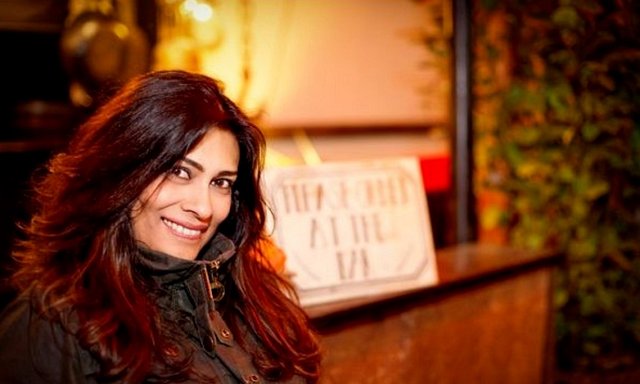
Nisha Katona, founder, owner and CEO of Mowgli Street Food
The family were part of Mowgli’s development at every stage. Katona’s husband would bring the kids along to restaurant sites to get them enthused about building projects, and Katona let them choose the names of dishes in the concept’s early days. “It meant they felt proprietorial,” she explains. “They weren’t battling with me while I was spending all my time at work.”
The children even designed the logo, giving life to Mowgli herself. “It’s honestly like adopting a child,” says Katona of conceiving the brand. “Her being this living thing that we’re all proud of and adore was so important. In my mind, she’s just this sassy thing, this monkey that just marches through, tail up, looking ahead – not left and right – just totally focused on what she wants to do. The logo is deeply personal to me.”
The fact Katona identifies Mowgli by the pronoun ‘she’ speaks volumes about the CEO’s management style. For her, female empowerment isn’t a conscious choice but rather an innate drive that has helped forge her path in business, a language she never exactly sat down to learn but speaks fluently nonetheless, a principle she embodies in every part of her practice.
“I was able to bring my experience as a barrister, where I regularly came face-to-face with the devastating effects of domestic violence,” she reflects. “I knew that I could build a kitchen where there was zero tolerance for aggression. Any of those mantras that belong to the perpetrators of domestic violence – you know, ‘I shout because I care’ or ‘I shout because I’m a perfectionist’ – none of that nonsense. I can build this according to a maternal management model.”
Katona’s approach to leadership in the restaurant space is not just refreshing, but entirely necessary. It’s also an ethos that appears to be infuriatingly rare. The industry has for too long buckled under the weight of big egos, unhealthy work culture and unnecessary antagonism. Pair this with exhausting and unsociable hours, often with insultingly poor pay, and it’s no wonder the sector is dealing with a chronic mental health crisis that’s impacting the workforce from the bottom up. There’s no doubt that there are plenty of operators out there striving to make the workplace a supportive and uplifting environment for everyone involved – perhaps we just don’t spotlight them enough. But Katona’s determination to actively call out those who persist with toxic behaviour, while simultaneously building a space that allows everyone to feel safe, valued and worthy, is an example to us all. Clearly, it works. The brand wouldn’t have landed a new private equity backer – Trispan, which supports the likes of Vietnamese chain Pho – in January, otherwise. It wouldn’t be about to open new venues in Brighton, Bristol and Edinburgh, either, which will bring the group’s estate to 18 restaurants, with further openings already planned for Knutsford and Beverley. If her model wasn’t successful, Katona wouldn’t be driven by a goal to take the brand global (no solid plans yet, but watch this space!), and the Liverpool-based group wouldn’t have won the Sunday Times Fast Track 100 Best Management Team in 2019. It may sound trite but, clearly, it’s true: putting positivity out into the world brings good things right back to you.
The spice of life
Katona took a leap into the unknown when she hung up her gown as a barrister and became a restaurateur, and she wasn’t entirely confident in the longevity of the concept in its early days.
“When I first started, I was so convinced that it would fail that I took a two-year lease, thinking that after that time I’d be out of there because nobody would want my food,” she explains. She cites this lack of certainty as the force behind her decision to brand Mowgli with neutral tones, eager not to draw on ethnic clichés so she could easily set Plan B into action if things didn’t work out. “I designed her in a way so that, if she failed the next day, I could turn her into a coffee shop and the design would still work. But miraculously, we opened and the queues formed and subsisted. It was amazing. Totally humbling.”
Britain has a long-held love of Indian cuisine, but what exactly is it that makes us so hungry for the flavours of Indian food?
“Spice is absolutely an addictive thing,” says Katona. “It’s something that wakes you up and makes you feel alive. It’s exhilarating. It’s like playing the piano on your tongue – why would you as a human not want that?”
Honestly though, who wouldn’t want that?! But as we know, demand leads to supply, making the Indian restaurant segment one that’s incredibly crowded. So why would the consumer choose to dine with Mowgli over her competition?
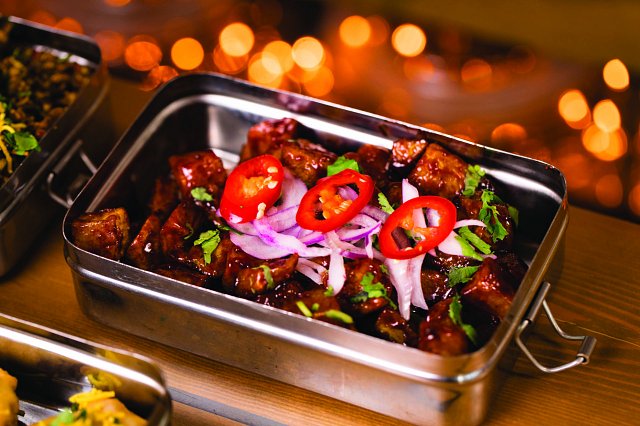
Indian eats, family-style
“We don’t cook with cream,” she notes. “We cook every dish fresh every morning and you really can taste that. You have one mouthful, and the layers of flavour should keep coming. I want it so that when you’re driving home, you still get bits of seeds in your teeth that pop and burst with this amazing taste. I think that’s what people love.”
Not only this, but Mowgli’s recipes – each one devised and developed by Katona herself – are healthy and primarily gluten-free, meaning dishes naturally appeal to a far broader demographic.
“The majority of my menu is meat-free as well,” she adds. “You should be able to have Mowgli for lunch and then have it again for dinner – that’s how light this food should be. It’s totally fresh with not a single preservative, colouring or additive – nothing. This is how I cook for my family. It’s my desert island list of dishes. This is the way my grandmother cooked, and my mother cooked with the same ingredients. We’ve not made any concessions for the fact that Mowgli is strong, commercial and that she’s growing across the country – not a single one. No matter which restaurant you go to, the food you’re served is the same as I cook in my own home every morning.”
'To enrich lives in the cities she goes to'
Katona has high hopes for Mowgli and, going by the brand’s track record, there’s no reason why these won’t come to fruition. But her motivation to expand the business and create jobs for passionate people comes from an unrelenting desire to fulfil Mowgli’s mission: to enrich lives in the cities she goes to.
“I want my people to feel better at work than they do at home,” she says. “To lead is, frankly, to serve. I’m there to make sure that the people who come to work for me are nourished, purposeful and fulfilled.”
How does Mowgli, as a business, achieve that? Well, explains Katona, workers are cherished and rewarded with perks that improve their work-life balance. Employees are given additional holidays, for example, and automatically get to take their birthday off every year. They can take a week off if they get a dog – ‘pupternity leave’, as Katona calls it – and new parents can take on flexible hours.
“There’s a reason why we provide 800 jobs and only have four vacancies across the country,” she points out. “It’s not just about work and this goes way beyond curry. This is about creating a workplace that people want to be in. You’d want your children to work at Mowgli. I would want a job at Mowgli.
“I gave up an amazing career to do hospitality and I want to show others that it’s a fantastic place not just for a job, but for an equally amazing career,” Katona concludes.
“The reason I build Mowgli and the reason we grow the brand is because she enriches lives in the cities she goes to. That’s it. The day we stop doing that is the day I go back to the bar.”


